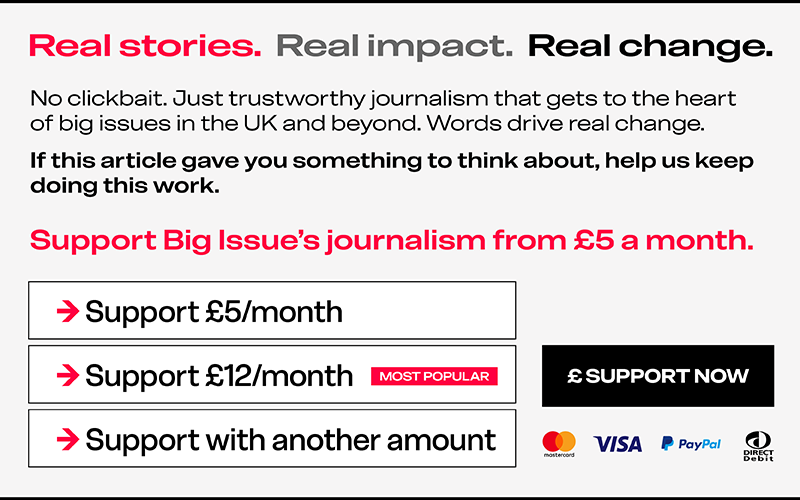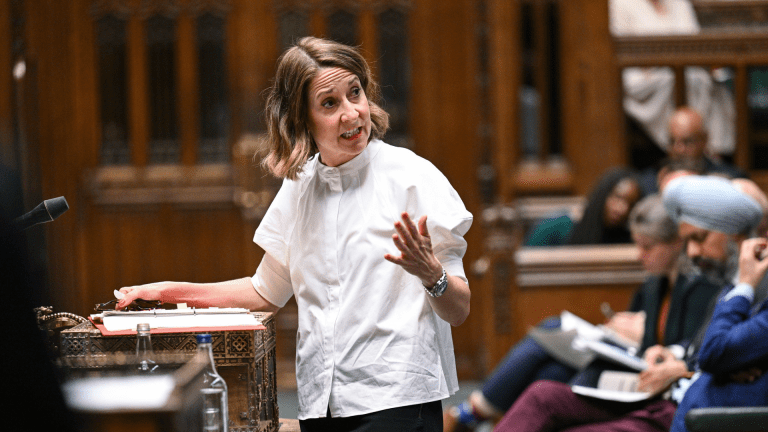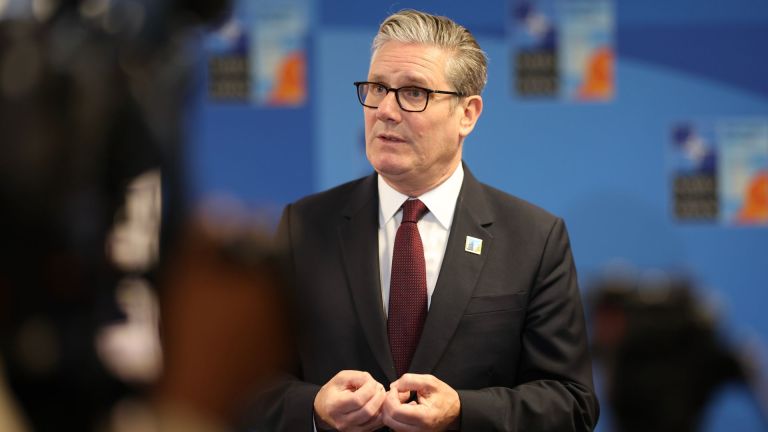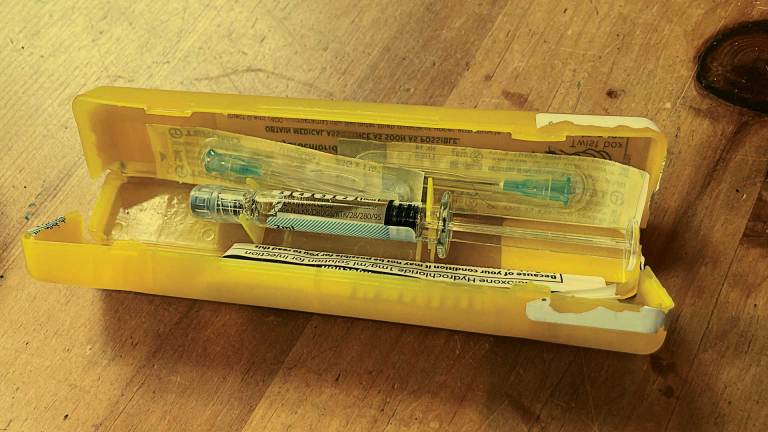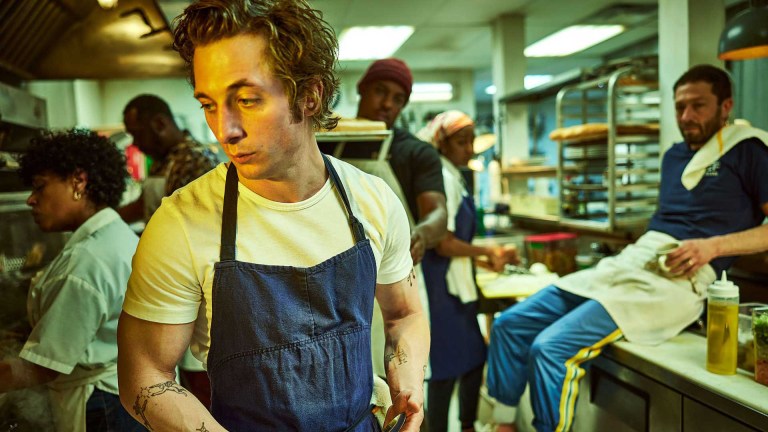If £2 billion of public health costs were the result of a contaminated consumer product, urgent national action would follow.
Official estimates place the cost of gambling harm at £1.77 billion, although the full impact is hard to quantify. Yet because gambling harms are often obscured and framed as matters of individual behaviour, they remain under-addressed.
Gambling is seen as part of our cultural landscape. Betting shops proliferate on our high streets, sports teams advertise gambling companies and our digital world offers unlimited access to gambling platforms. It is so embedded in everyday life that it has become normalised. Only when we look at the health cost of this pervasive and addictive product do we begin to appreciate the extent of what we are allowing to happen in our society.
Gambling harm is not a marginal concern. As both a public health doctor and a member of parliament, I believe we need to reframe our national approach from one focused on individual responsibility to one that recognises gambling as a public health issue shaped by systems, environments and commercial practices.
Read more:
- Nearly half of young Brits say health issues will push them out of work. How can we cope without them?
- Will fixing the NHS be enough to save Starmer’s government? Maybe. But only on one condition
- It never crossed my mind I might need disability benefits. Now I don’t know where I’d be without PIP
A changing industry, a new set of risks
The gambling sector has evolved dramatically over the last two decades, while regulation has struggled to keep pace. Today’s products are fast-paced, easily digitally accessible and data-driven. Operators use real-time data to personalise incentives and encourage continued play. The concept of “responsible gambling” sounds reasonable, but in practice it diverts attention from an industry where profit is often closely linked to harm.

